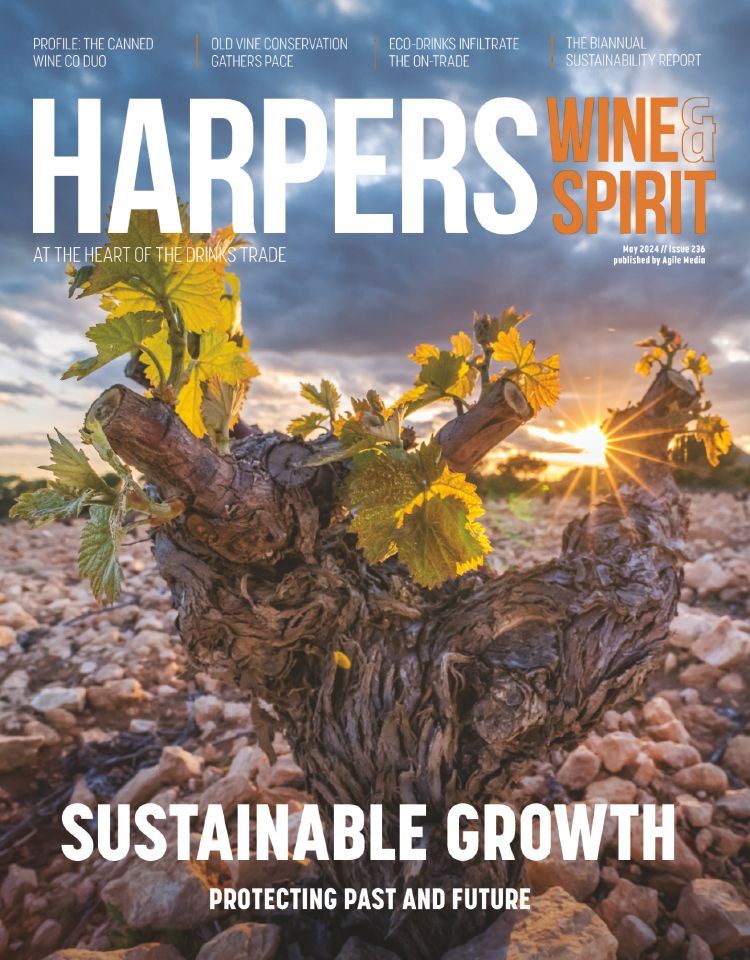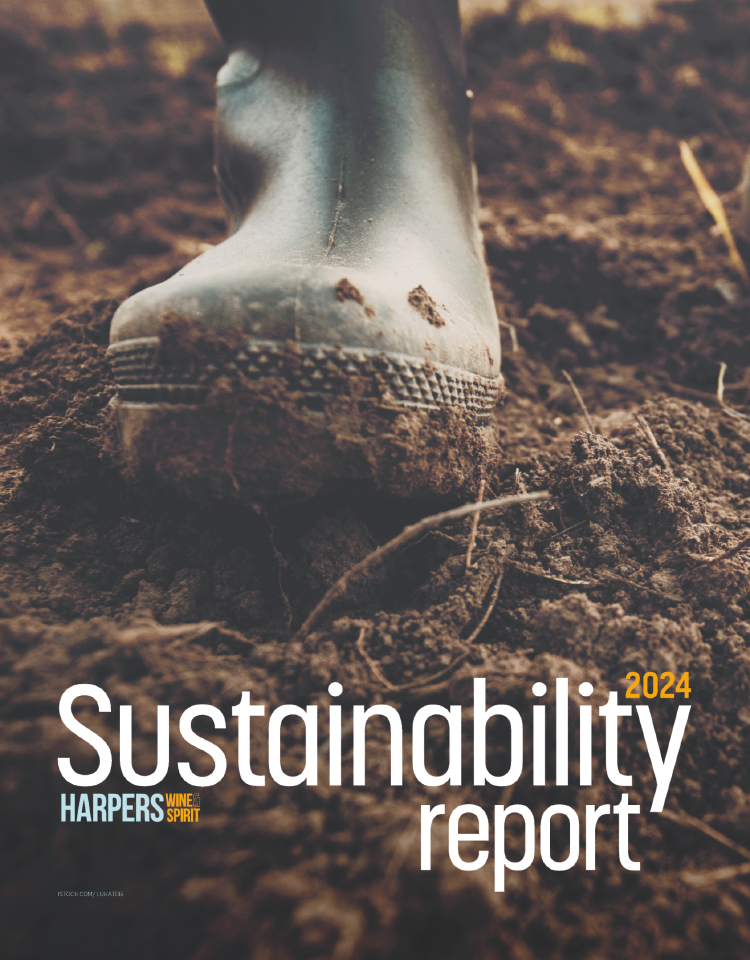
Petrol and driver shortages impact UK supply
A perfect storm of rising transport costs, a shortage of freight capacity and a severe lack of HGV drivers is putting increasing pressure on the UK’s drink distribution network.
The media frenzy over chronic fuel shortages is simply the latest twist in an increasingly fraught story of inevitable delays in the supply chain and frustrated shoppers.
According to the BBC, up to 150 military tanker drivers are prepared to deliver fuel to forecourts today (28 September), which have run dry because of consumer panic buying.
The UK is also estimated to be short of more than 100,000 HGV drivers – a shortfall which is causing problems for a range of sectors, including food suppliers and the wine trade.
Matthew Clark is among those that have been affected by these unprecedented set of circumstances. The firm has reportedly suspended some orders and made changes to delivery dates.
A spokesperson for the company told Harpers that: “We continue to work closely with our customers to endeavour to maintain the best possible service given the well documented pressure the whole of the UK supply chain is experiencing.
“On occasion, this may mean we cannot meet the highest levels of service that our customers have come to expect from us.”
Other distributors report that their supply chains are currently operating, albeit they continue to monitor the situation.
“We haven’t yet been affected by petrol shortages. We have our own drivers and they have been proactive in ensuring their vans are full. If the shortages continue, we’re sure it will have an effect on our operations, so we have plans to mitigate any impact they have on our business,” said Liberty’s MD David Gleave MW.
Enotria & Coe's MD, Sam Thackeray, added: “The fuel shortage is just the latest in a long string of supply chain issues that the sector has faced. For the last year or so, we’ve had to be very nimble and adaptable with our approach to distribution to enable us to react to the never-ending challenges thrown up by a combination of Covid and Brexit.
“Since June we have been working on shock-proofing our supply chain through a range of measures. This has helped us somewhat in dealing with the immediate effects of the fuel shortage, but we have also had to look at emergency measures to mitigate the effects of the fuel shortage."
For Enotria & Coe those emasures include reopening delivery routes, utilising regional depots more fully to help consolidate customer orders to delivery schedules, reducing the use of third party carriers, and placing larger orders of key lines with supply partners to reduce the frequency of orders.
Meanwhile, many others in the trade continue to grapple with the on-going challenges of adapting to the post-Brexit trading framework.
“It is fair to say the new logistics framework has been a challenge for the industry. Even before Brexit, transporting wine was admin heavy. We required roughly 200 pages of documents to move an average shipment between the UK and EU,” explained Ashley Hopkins, Liv-ex director of operations.
“It’s not just the paperwork that’s the problem. In order to produce these documents you need certain wine expertise, and you also need to include additional parties such as a freight forwarders, all of which adds time and costs to the supply chain,” he added.
Keywords:
- wine
- UK
- EU
- Supply Chain
- MW
- need
- David Gleave
- supply
- customers
- “we
- gleave mw
- BBC
- chain
- pressure
- shortages
- HGV
- drivers
- uk supply
- hgv drivers
- situation “we haven’t
- md david gleave
- trading framework “it
- brexit trading framework
- post brexit trading







